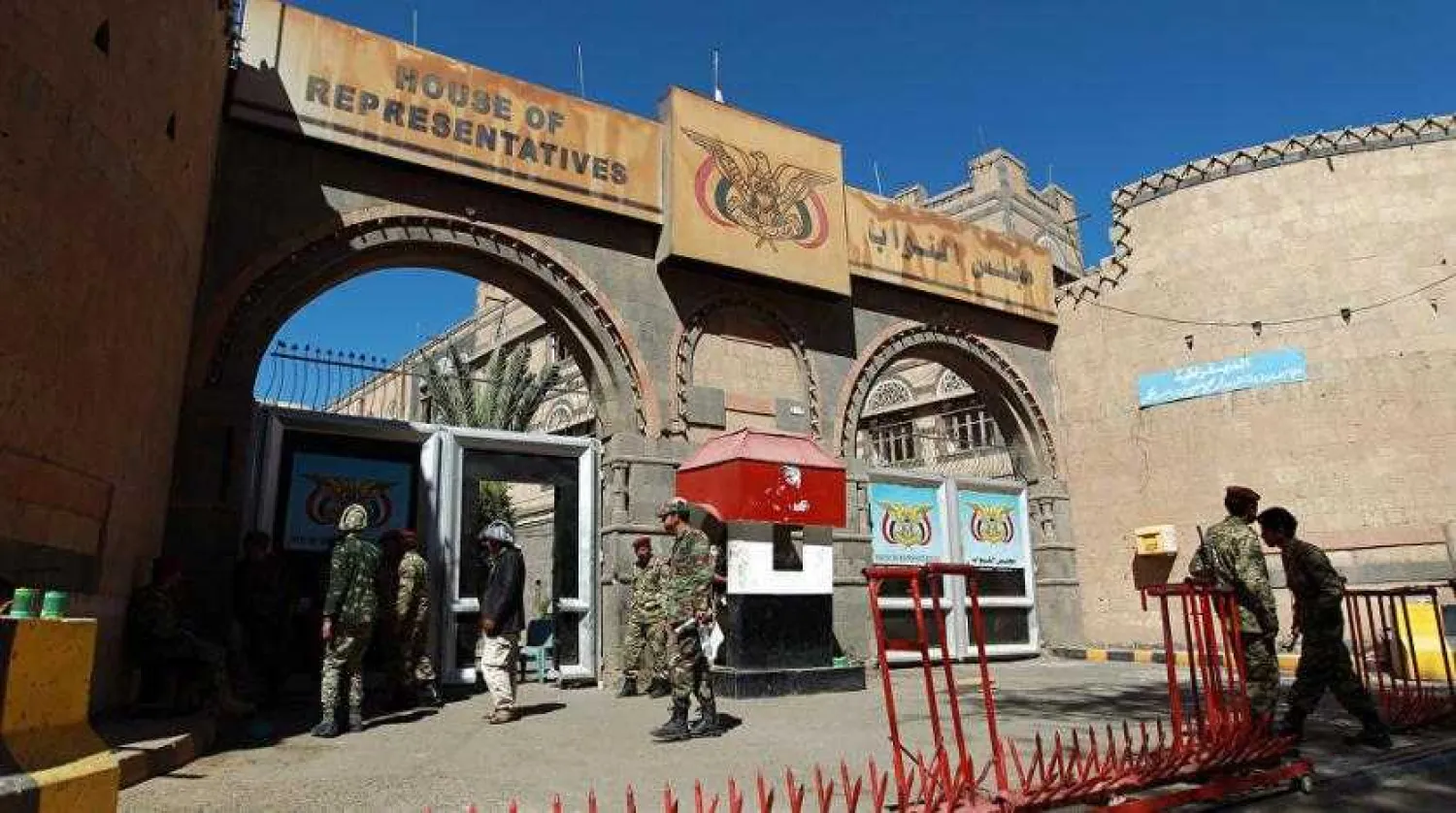Houthi militias are planning to hold parliamentary elections on April 13 in around 34 provinces and districts to allegedly fill seats left vacant following the death of several deputies.
On Thursday, Houthis said the Supreme Committee for Elections held its regular session under the chairmanship of Judge Mohammad Abdullah Al-Salimi, discussing reports submitted by the supervisory committee and its subcommittees in the provinces and districts, where elections will be held to fill vacant seats.
President Abdrabbuh Mansour Hadi had previously ordered the transfer of the Supreme Committee for Elections from the capital Sanaa to Aden. He had also ordered that judges operating under the Houthi command in the committee be referred to the Justice Ministry and the Higher Judicial Council for questioning.
However, Houthis have been adamant to hold the by-elections on April 13, announcing that the subcommittees should start receiving applications of candidates as of Thursday.
The Houthi plan to hold the polls aims to secure the necessary quorum of 140 lawmakers from different parties and blocs to be able to hold a parliamentary session.
The militia wants to bring in illegitimate deputies and enhance its control over parliament.
Sources said that around 100 lawmakers are currently in Sanaa under the militia rule, adding that only 30 of them attend parliamentary sessions, which are held illegally in the capital.
A few weeks ago, Houthis instructed Speaker Yehya al-Rai, who is loyal to the militias, to send a letter to the Supreme Committee for Elections, asking its members to hold the polls to fill the vacant seats.









